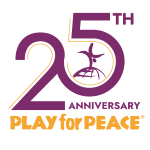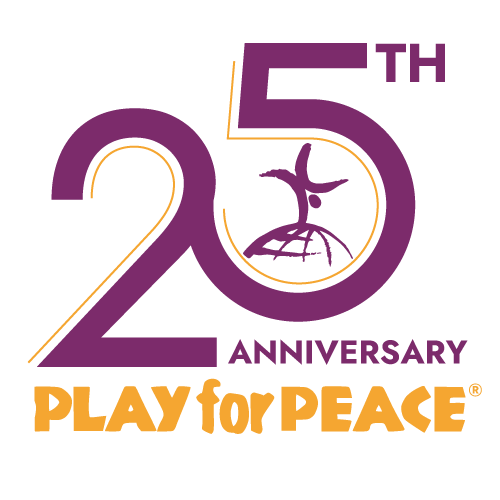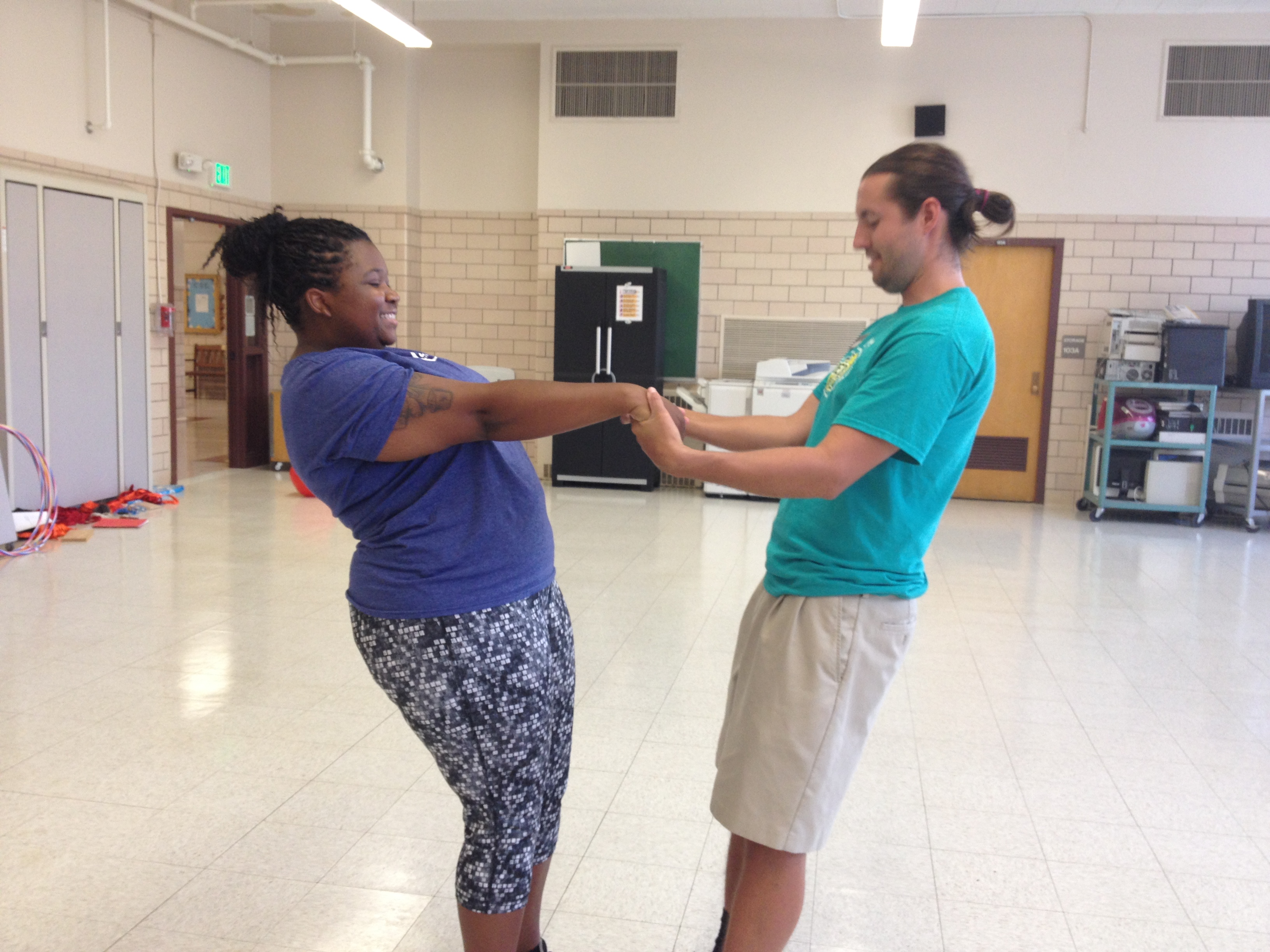"In providing this type of program the youth learn that differences and conflict are part of human reality, but hatred, violence, and fear don’t have to be. Cooperative play will allow them to understand the differences and learn how to work with each other and show compassion.” - DPR Staff
Last Thursday, we were excited to share the news that Denver Parks and Recreation (DPR) recently became a Partner for Peace. Collaborating with various public schools and not-for-profit organizations, DPR’s Community Recreation Program serves the underserved. It seeks to help students, including the physically and mentally disabled, by promoting health and wellness, academic support, and opportunities for leisure. PFP tactics will be implemented into the Social Opportunities, Academics, and Recreation (SOAR) program. SOAR is a licensed childcare program providing skill development in the areas of academics, sports and wellness, arts and culture, and community engagement.
Healthy snacks and exciting field trips are some of the more immediate benefits, but SOAR’s interest in social-emotional learning is sure to have a long-term impact on the many at-risk youth they reach out to. Indeed, the majority of DPR programs are offered in schools with exorbitant free/reduced lunch populations. The multicultural backdrop of the targeted schools also makes social-emotional learning an essential tool. To maintain positive educational environments, students must learn to celebrate diversity. This is where PFP comes in:
"The Play for Peace curriculum gives the tools in starting and improving youth leadership, bullying prevention, and community service initiatives, as well as encouraging tolerance, confidence, respect for others, educational achievement, social emotional learning, and appreciation of diversity.” - DPR Staff
PFP will provide interactive training for SOAR site staff, teaching them to facilitate cooperative play with fourth and fifth-grade students. It is the program’s goal that, by the end of the academic year, at least 90% of these youth will facilitate play sessions with K-3rd graders. It is hoped that the same percentage will maintain one additional relationship outside of their current community. By engaging in cooperative play, participants will learn about friendship, leadership, non-violent communication, critical thinking, planning, and organization.
In other words: what we at PFP consider a lifestyle of emotional health. Two of our trainers--Craig Dobkin and Imroz Shah--have begun working with 10 after-school coordinators. These folks have already brought Play for Peace to two local elementary schools. We look forward to the exciting changes that DPR continues to make and are thrilled to contribute to the serving of these youth.



